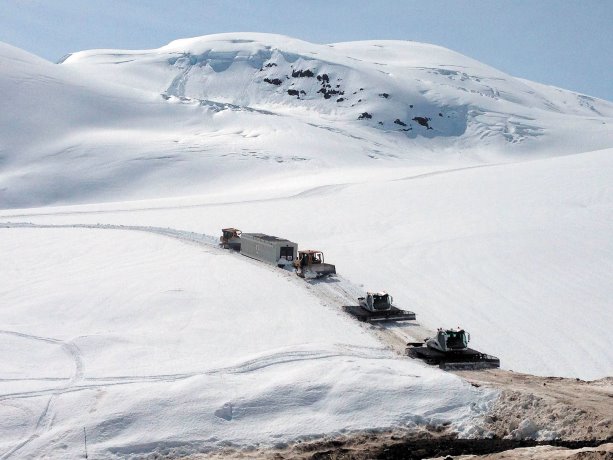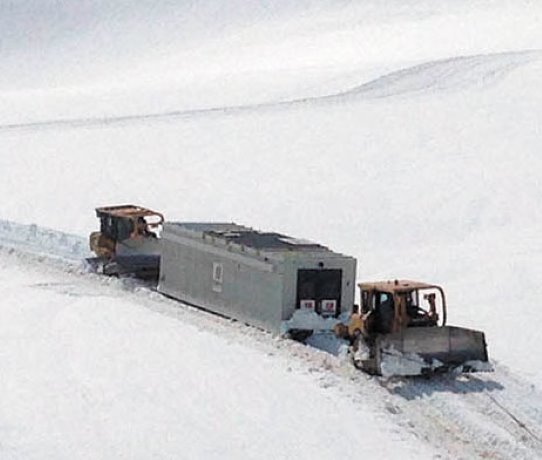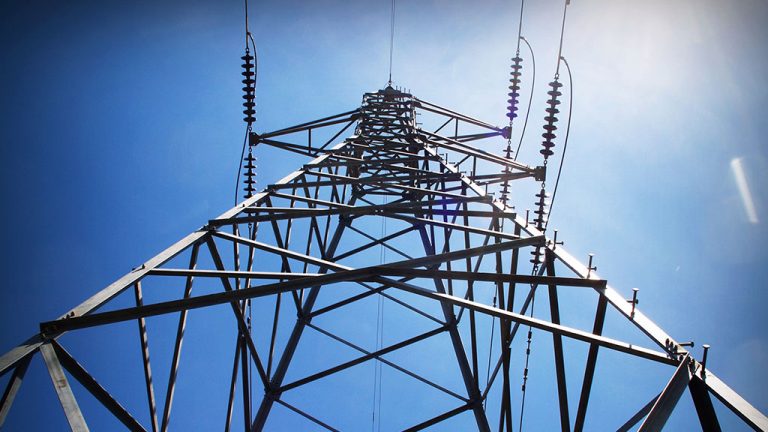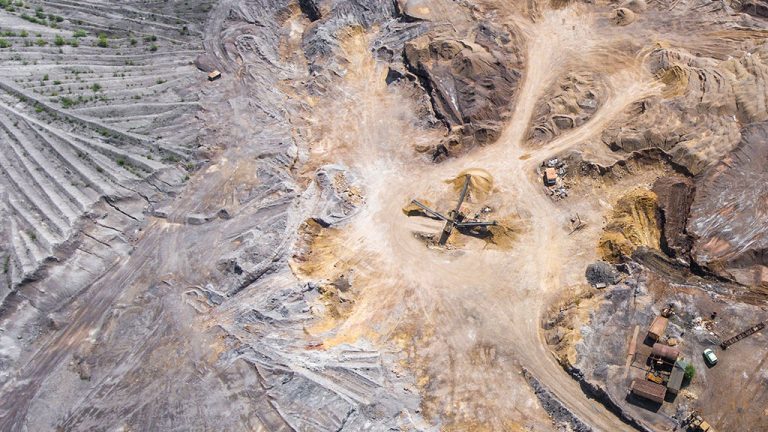The explosive growth of container shipping in the last 20 or 30 years is having a side effect that is apparent in places like remote mining camps, construction camps, all kinds of camps that are located in hard-to-reach areas.
The ready availability of shipping containers, together with population growth, municipal sewage treatment lagoons that are near the end of their useful lives, and growing environmental concerns among governments and ordinary people, has meant a surge in innovative systems for treating wastewater and the provision of potable water.
As more and more people try to "think outside the box," more and more companies are putting their plants inside the box.
Canada has its share of such companies catering to isolated communities, mining camps, oil and gas drillers, fishing camps. Filterboxx and Bionest, Nomadic Systems and EcoLibra are all headquartered in Canada and offshore companies like Siemens are also in the market.
Sometimes these firms have to stretch their imagination to service their customers.
Nomadic Systems Inc., of Vancouver, had an inquiry about supplying a system for a gold mine in Siberia, so they designed a system to meet cold-weather conditions and for lifting into the site by helicopter.
"So we cut our teeth on that," company CEO Frank Hay said. "And over the years we supplied four more systems to the Siberian area, mainly for the gold mining operations there."
"Once we learned what we learned, and were successful in making the system work, we began to concentrate our efforts in the Canadian north, and, more particularly, the need that was growing in Alberta’s cold, northern climate, where oil and gas exploration and drilling was underway."
Filterboxx Water and Environmental Corp., of Calgary, is also active in the Canadian north, working in Ontario, Quebec and Newfoundland and Labrador as well as Alberta.
Like Nomadic, Filterboxx packages its plants in containers for ease of shipment. That led to a contract to provide potable water plants to the Canadian military in Afghanistan.
"We built them and put them into one of the air force’s heavy-lift cargo planes for shipment," FilterBoxx CEO Larry Novachis, said.
"So we’ve provided drinking water there for thousands of people."
Meanwhile, Saskatoon-based EcoLibra Systems, which had been building conventional sewage treatment plants, decided to package its technology in containers, each of which can serve about 300 people. As the need increases, all that’s required is to plug another container into the system.
And Bionest, with headquarters in Grand’Mere, Que., came up with Kodiak, a containerized system which they used for a pilot project in the Nunavut capital of Iqaluit, which bills itself as "Canada’s coolest capital."
But it’s not just isolated communities that can benefit from containerized treatment systems.
Government regulation of wastewater treatment is becoming more stringent at the same time that many sewage lagoons in small-town Canada are approaching capacity.
Using containerized systems to augment or replace existing lagoons could be one possibility in municipalities that can’t afford to build a conventional treatment plant.
First, though, there are some obstacles to overcome.
"If containerized satellite plants are built and operated, if you didn’t do it correctly, you could have people putting up these plants in all kinds of communities and without the proper level of oversight, you could get into operational problems. So (there has to be) a rigorous process to go through to have these kinds of solutions put in adjacent to or replacing existing municipal infrastructure,"Novachis said.
Nomadic’s Hay was more blunt:
"That is a true comment. Yes, it’s true," he said, adding that he didn’t know whether "that mindset" can be overcome.
Companies and individuals that have thrived under the existing regulatory framework "don’t want to lose that, in my opinion," he said.
Some people worry that operators of containerized systems might not have the training to do their jobs well.
But all the systems are designed with that in mind. They’re simple to operate and a few days’ training is all that most need. And there is back-up.
Novachis said, for example, that Filterboxx systems are provided with remote telemetry "so that we can monitor them remotely, as well."
"We can dial into these plants and see how they’re doing from our office in Toronto or in Calgary. The plants are very user-friendly from that perspective," he added.












Recent Comments
comments for this post are closed